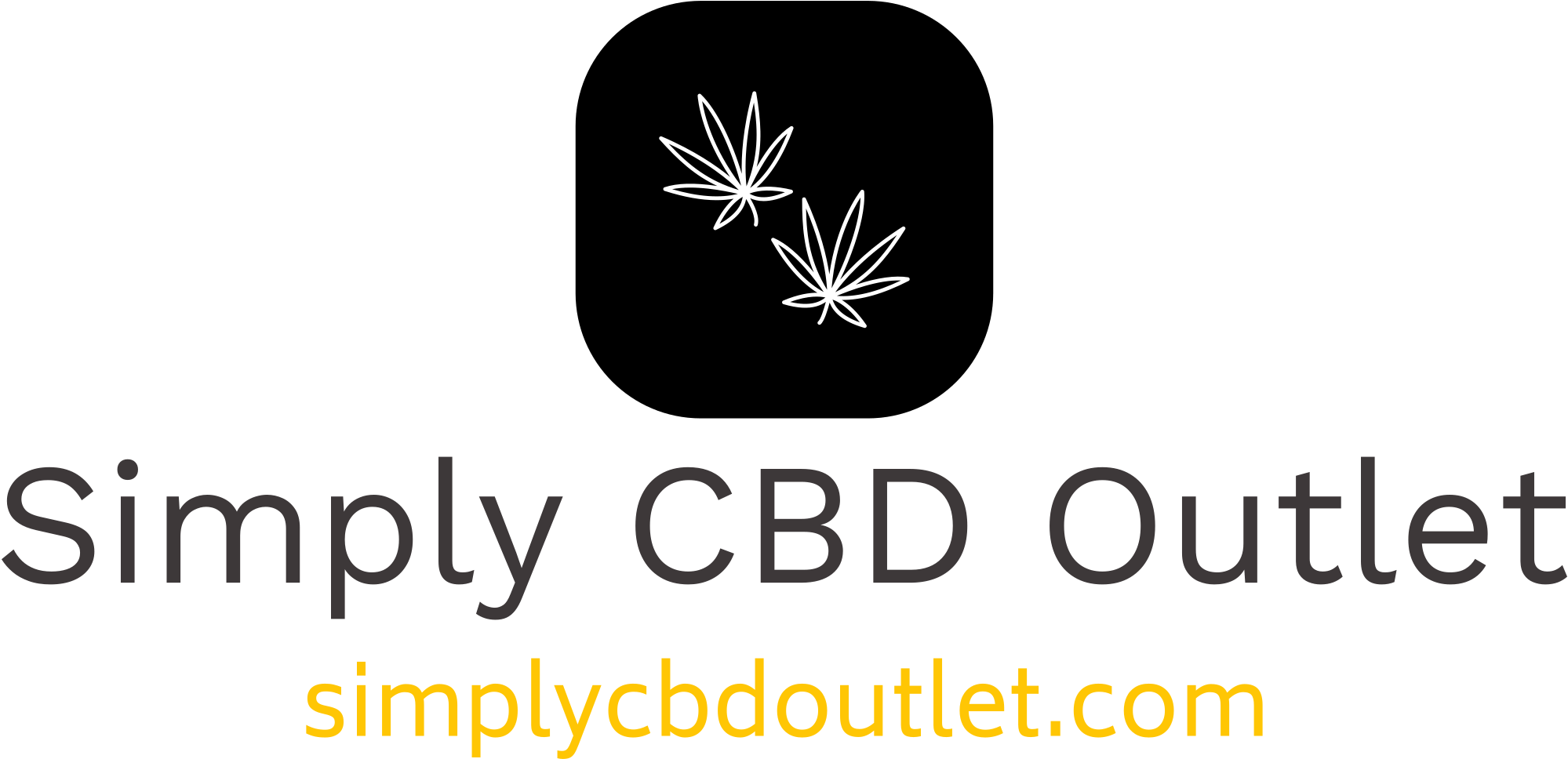Understanding Fasting
Fasting involves abstaining from consuming calories for a specified period, typically ranging from several hours to several days. During fasting periods, the body undergoes various metabolic changes, including increased fat burning, reduced insulin levels, and cellular repair processes. Different fasting methods exist, such as time-restricted feeding, alternate-day fasting, and periodic fasting, each with its own protocol and guidelines.
What Breaks a Fast?
Foods
Calorie-Containing Foods
Consuming foods that contain calories, such as solid foods, snacks, or meals, will break a fast. This includes any food that provides energy in the form of carbohydrates, proteins, or fats.
Drinks
Sugary Beverages
Drinks that contain calories from sugar, such as soda, fruit juice, sweetened tea or coffee, energy drinks, and sports drinks, will break a fast and stimulate an insulin response.
Alcoholic Beverages
Alcoholic beverages contain calories from alcohol and may disrupt the fasting state. Even small amounts of alcohol can affect metabolism and interfere with the benefits of fasting.
Milk or Cream in Coffee
Adding milk, cream, or any other calorie-containing additives to your coffee or tea will break a fast. These additions provide calories and can stimulate an insulin response.
Supplements
Supplements with Calories
Some supplements, such as certain vitamins, minerals, or herbal extracts, may contain calories from fillers or additives. Check the label for calorie content and avoid supplements that provide energy.
Protein Powders or Meal Replacements
Protein powders, meal replacement shakes, or dietary supplements designed to provide nutrition and calories will break a fast. These products contain protein, carbohydrates, or fats that can stimulate digestion and insulin secretion.
What Does Not Break a Fast?
Non-Caloric Beverages
Non-caloric beverages such as water, black coffee, tea (unsweetened), and herbal tea are generally considered acceptable during fasting periods. These beverages do not contain calories and are unlikely to disrupt the fasting state.
Zero-Calorie Sweeteners
Zero-calorie sweeteners such as stevia, erythritol, monk fruit extract, or sucralose are often used as sugar substitutes in beverages or foods. While they do not provide calories, some research suggests that they may still stimulate insulin secretion to a minor extent.
Certain Supplements
Some supplements, such as electrolytes, vitamins, minerals, or amino acids, may be taken during fasting periods without significantly affecting insulin levels or the fasting state. However, it’s essential to choose supplements that do not contain calories or additives that may break a fast.
FAQs About Breaking a Fast
Can I drink water during fasting periods?
Yes, drinking water is encouraged during fasting periods to stay hydrated and support overall health. Water is calorie-free and does not break a fast.
Will chewing gum break a fast?
Chewing gum typically contains sweeteners or flavorings that may contain trace amounts of calories or sugar alcohols. While chewing gum in moderation may not significantly impact fasting, it’s best to choose sugar-free gum or avoid it altogether during fasting periods.
Can I consume medications or supplements during fasting?
Certain medications or supplements may be necessary for health reasons and can be taken during fasting periods. However, it’s essential to consult with a healthcare professional or pharmacist to determine if taking them during fasting is appropriate.
Does intermittent fasting work if I consume small amounts of calories?
The effectiveness of intermittent fasting may be compromised if you consume significant amounts of calories during fasting periods. To experience the metabolic and health benefits of fasting, it’s essential to abstain from consuming calories as much as possible.
Can fasting be customized to individual preferences or goals?
Yes, fasting protocols can be customized based on individual preferences, lifestyle, health goals, and tolerance. It’s essential to experiment with different fasting methods and durations to find what works best for you while considering factors such as hunger levels, energy levels, and overall well-being.
How can I break a fast effectively?
When ending a fasting period, it’s important to reintroduce food gradually and mindfully. Start with small, nutrient-dense meals or snacks that are easy to digest, and listen to your body’s hunger and fullness cues. Avoid overeating or consuming large amounts of high-calorie foods immediately after fasting to prevent digestive discomfort or blood sugar fluctuations.
- 12 Best Weight Loss Meal Delivery Services of 2023 - May 1, 2024
- The 8 Best Weight Loss Drinks - May 1, 2024
- What Breaks a Fast? Foods, Drinks, and Supplements - May 1, 2024




